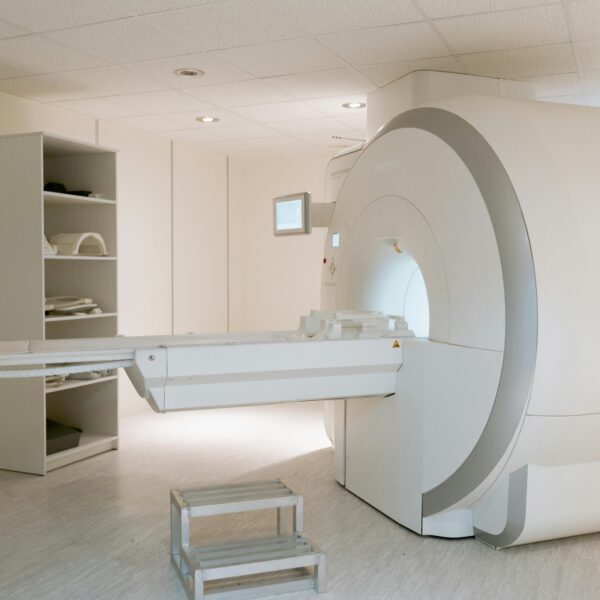Artificial Intelligence (AI) has made significant strides in various industries, and one area where its potential is truly transformative is healthcare. The integration of AI into medical practices and healthcare technology has opened up new possibilities for diagnosis, treatment, and patient care.
Despite the numerous advantages that AI brings to healthcare, it’s important to acknowledge that ethical considerations and genuine dangers must be addressed. Read below to learn more about both sides as we continue to develop this technology.
The Core Benefits of AI in Healthcare
- Improved Diagnosis and Treatment Planning: Machine learning algorithms that can analyze vast amounts of medical data to identify patterns and make predictions. This ability to process large datasets quickly and accurately enables AI systems to assist healthcare professionals in making more informed decisions.
- Enhanced Patient Monitoring and Care Management: AI technologies are being utilized to gather and analyze vast amounts of patient data, enabling healthcare professionals to make more accurate diagnoses and develop personalized treatment plans. This enhanced monitoring not only improves patient outcomes but also helps healthcare providers optimize their resources and deliver more efficient care.
- Promotion of Medical Research and Drug Discovery: AI can identify hidden correlations and relationships within the data that might have otherwise gone unnoticed. This enables researchers to gain valuable insights into disease mechanisms, risk factors, and potential treatment options. Furthermore, AI-powered drug discovery has expedited the identification of novel therapeutic targets and the development of new drugs. By analyzing genetic data, molecular structures, and clinical trial results, AI algorithms can predict drug efficacy with remarkable accuracy.
- Advancements in Telemedicine and Remote Patient Care: The integration of AI into telemedicine has opened up new possibilities for remote patient care. It has improved accessibility to healthcare services especially for those living in rural or underserved areas where access to specialists may be limited. By reducing the need for physical visits while maintaining quality care standards, AI-powered telemedicine has proven its potential to revolutionize healthcare delivery.
The Core Dangers Associated with AI in Healthcare
- Potential for Bias and Discrimination in Algorithms: Bias can arise from various sources, including unequal representation of minority populations in training data, biased labeling or annotations, or even biased decision-making by the developers themselves. For example, if a dataset used to train an algorithm primarily includes data from a specific racial or ethnic group, the resulting algorithm may not generalize well for other groups. This can lead to disadvantaged communities receiving suboptimal care.
- Data Privacy and Security Concerns: One of the primary concerns with AI is the protection of patients’ sensitive health information. With AI systems processing vast amounts of patient data, including medical records and personal details, there is a need for robust security measures to safeguard this information from unauthorized access or breaches.
- Lack of Regulation and Ethical Guidelines for AI Use: AI algorithms rely on large datasets for training and improving their performance. This raises questions about the ownership and control of these datasets. Patients must be informed about how their data will be used and have the right to give or withhold consent for its utilization.
- Risk of Disinformation by General or Unregulated AI: recent studies have shown that AI is just as capable of spreading disinformation as true information, meaning improper programming without checks could create great confusion and complications.
Ultimately, artificial intelligence has immense potential in transforming healthcare by improving diagnostics accuracy rates, streamlining administrative tasks, aiding in drug discovery processes, and ultimately enhancing patient care outcomes. But, as technology continues to advance rapidly in this field, it is essential for us to acknowledge the truth of the potential risks so we might eliminate them long in advance.
Of course, this means that we should approach new AI technology with caution and supervision, but we must certainly still approach it. AI development is changing the field of healthcare every day- it might even already be implemented in your workplace!
If you are looking for a new role that allows for creative and collaborative solutions, then check out our job board. If you are looking for something different than what you see there, then submit an updated resume and connect with a recruiter today!











